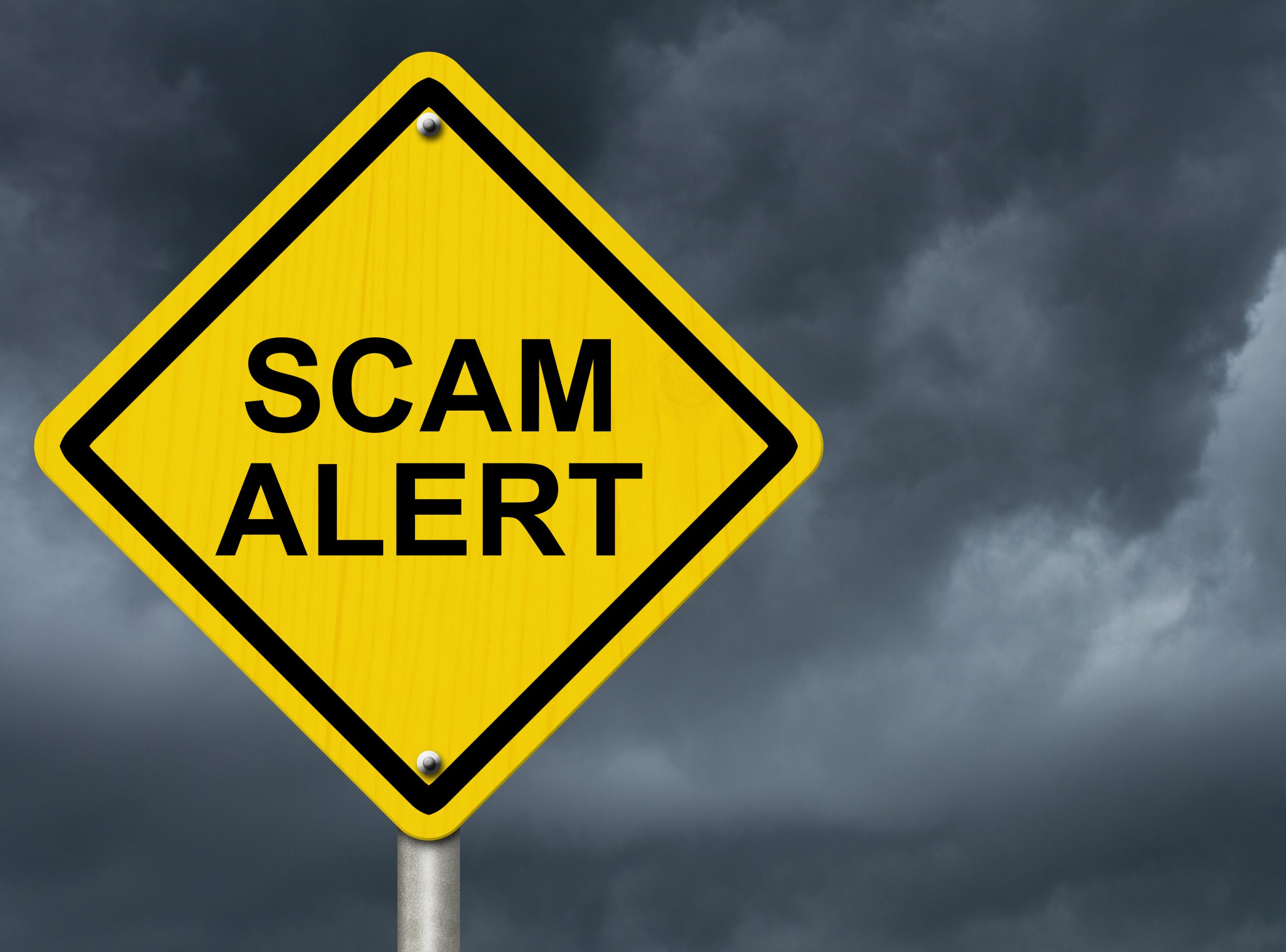News
New emergency hotline to protect people from bank scams

Bank customers who have doubts about callers claiming to be from their bank can call 159 and be automatically connected to their bank’s fraud prevention service.
The new service has been launched by Stop Scams UK and Global Cyber Alliance, and aims to guarantee consumers a safe route to contacting their bank.
Bank customers are being urged to hang up and call 159 if they get an unexpected call from their bank, they are contacted by someone claiming to be an authority figure (e.g. the police) and told to transfer money, or they receive a suspicious call about a financial matter.
According to Stop Scams UK, criminal gangs stole more than £470m from people and businesses last year by pretending to be a bank or other service provider.
Most, but not all, major banks have signed up to the 159 service. Those that have signed up include Barclays, Bank of Scotland, Halifax, Lloyds Bank, NatWest, Royal Bank of Scotland, Santander, Starling Bank and Ulster Bank. Banks that haven’t signed up yet include HSBC, Monzo and Virgin Money. More banks are expected to join the scheme at a later date.
Most telecoms firms are participating in the scheme, which enables you to call 159 from handsets and landlines. Those that are taking part include BT, EE, Plusnet, Gamma, O2, Giffgaff, Sky, TalkTalk, Three, Vodafone and Virgin Media.
If you call 159 from one of these providers, you’ll be taken through an option menu in which each bank that has signed up to the service is read aloud. Customers are then able to use their telephone keypad to be put through to their bank.
If the 12-month pilot scheme is successful, Stop Scams UK will ask Ofcom to make 159 a universal number offered by all telephone providers in the same way that 999 and 111 are accessible to all.
Gareth Shaw, head of Which? Money, said: “Fraud levels have skyrocketed during the pandemic, so it’s good that banks, telecommunications and technology companies are working together to make it easier for people to contact their bank if they fear they’re being scammed.
“However, we know fraudsters use incredibly sophisticated tactics to trick victims and many people will not know they have been scammed until it’s too late. This should be part of a range of solutions as no one solution on its own will be enough to tackle phone-enabled scams. That’s why we also need action to prevent scams at source and to ensure victims are treated fairly after they have been targeted.
“The payments regulator must introduce mandatory and more robust requirements for all payment providers, to ensure that customers are protected and treated consistently when they fall victim to a bank transfer scam. They must work quickly with the government to get the powers they need to deliver this.”